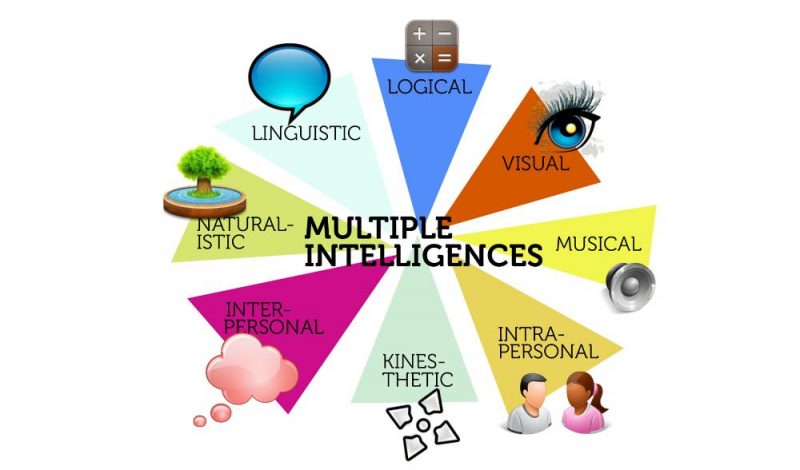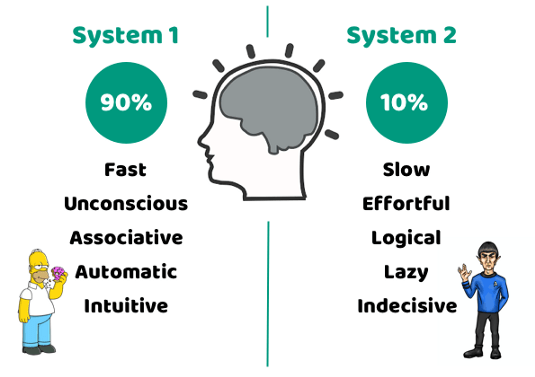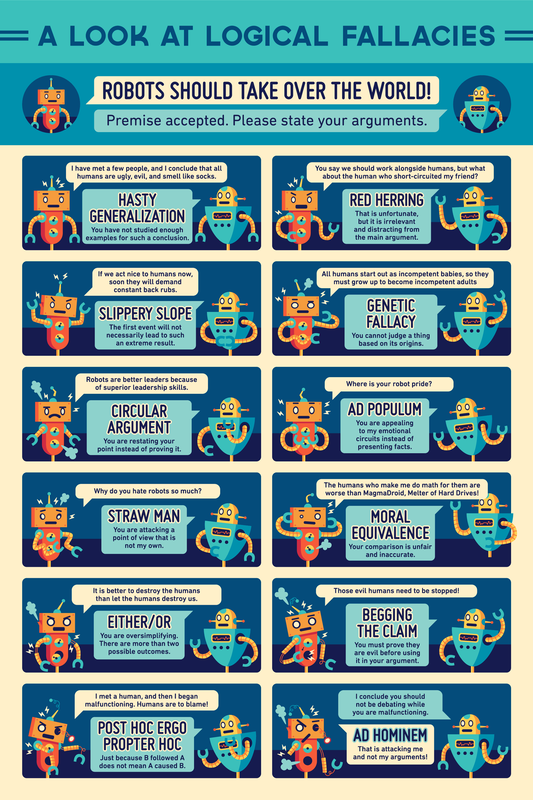Lesson 4 - Reason
|
'Aristotle defined “human” as “the rational animal”, thus rejecting the possibility that any other species is rational.'
Stanford Encyclopedia of Philosophy If you remember back to our very first lesson on multiple intelligences, we identified one area of intelligence that has traditionally been highly prized, logical intelligence. This is the intelligence that is required for deciphering codes and working out puzzles, calculating odds and making rational decisions. This lesson is focused on how we can use reason to help us make good decisions.
|
|
In the last lesson on sense perception our focus was on system 1, this week we are very much focused on system 2, the logical but effortful function of the brain that is slow, lazy and indecisive. In most of our previous lessons you may have come out of the lesson with a sense of bemusement as we have sought to show the various ways that the powerful unconscious brain leads you to make all sorts of automatic judgements.
In this lesson we're going to give your executive functioning System 2 a serious work-out. Hopefully, you'll understand how important your power of reason is... but it won't be easy. |
Further reading and resources



